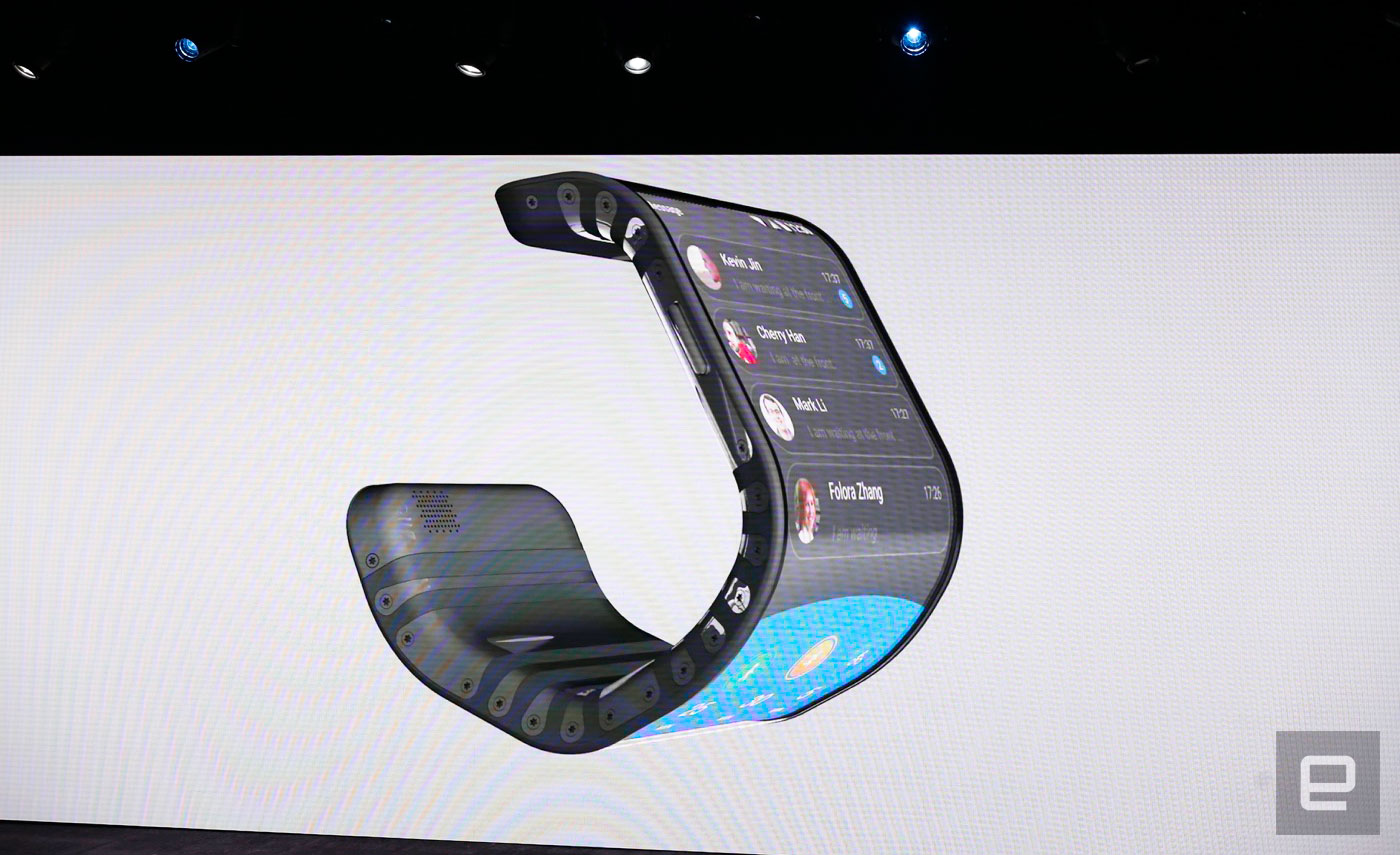Analysis
In the race to build the ultimate personal voice assistant, Apple had a running start. But instead of running hard for the past five years, Apple slowed into a steady trot, seemingly unconcerned about the competitors hot on its heels.
Now Apple and Siri are at risk of being lapped, and the only hope for future dominance in the fast-growing voice and artificial-intelligence space rests firmly on whatever Apple CEO Tim Cook says during Monday’s upcoming Worldwide Developers conference keynote.
“If they don’t turn the crank this year and wait another year, I’m really concerned,” Forrester Research VP & Principal Analyst Frank Gillett said.
In other words, 2016 needs to be a big, turning-point kind of year for Siri.
Most people I spoke to believe that this will be Siri’s big moment. However, some are unconvinced that Apple will do what’s necessary to take on the growing threat from Amazon Alexa, Microsoft Cortana and Google Assistant.
To understand the challenge Apple faces, it’s worth examining how we got here in the first place.
A bright start
Siri launched on October 4, 2011 at a significant moment in Apple history. It was the first product unveiling emceed by Cook.
It was the beginning a major new chapter in Apple history, and Siri was the standard bearer for a coming wave of digital intelligence.
Apple co-founder and former CEO Steve Jobs was absent and, sadly, would die less than 12 hours later. Scott Forstall did the official Siri introduction and demo honors (a year later Apple would show him the door). It was the beginning of a major new chapter in Apple's history, and Siri was the standard-bearer for a coming wave of digital intelligence.
Apple, which acquired Siri in 2010, put voice recognition, a sort of baseline-level of conversational intelligence, inside a mobile phone. It was Star Trek’s “Computer” in the palm of our hands.
Siri also instantly vaulted Apple ahead of competitors in the mobile AI race. Six months later, Google executives were still pining over the dream of building a similar, albeit more powerful, voice assistant.
Getting real
Initially, Siri in the real world was pretty underwhelming, despite a home run demo. You could ask it questions and it was full of funny Easter eggs, but it lacked any real understanding of your intent. It did well at discrete actions like texts, tweets, getting directions, playing music from the iPhone and checking on the weather.
It would be almost three years before Siri would get its first update, adding the hands-free “Hey Siri” activation and even a tiny bit of third-party integration with a Shazam-infused ability to ask Siri what song is playing.
In 2015, Siri graduated from voice assistant to digital assistant, adding contextually driven app recommendations and personalized news.
Enter the assistants
Google launched Google Now in 2012 and brought it to iOS in 2013. Saying “OK, Google” became a thing on Android and iPhone and, for a little while, on Google Glass (RIP).
Alexa is probably no more powerful than Siri Version 1, however, its presence in the home thanks to Echo somehow elevated it above all other digital assistants.
A few weeks ago, Google rechristened Google Now Google Assistant (fun fact: most people thought Apple would rechristen Siri Assistant when they relaunched it), a much more powerful and broadly useful voice and digital assistant, with the promise of far greater conversational abilities than anything we’d seen before.
It may, though, be Amazon that poses the biggest existential threat to Apple’s Siri. Arriving as part of the Amazon Echo device in 2014, Alexa is probably no more powerful than Siri Version 1. However, its presence in the home thanks to Echo somehow elevated it above all other digital assistants.
Amazon also made the canny decision to quickly open up Alexa to third-parties, something Apple has yet to do with Siri. Soon, Alexa was working with many of Amazon’s other in-home devices and an ever-growing list of third-party hardware including Wink Hubs, Philips Hue Lights, Google’s Nest products and Samsung hubs.
A fundamental shift
Apple hasn’t shared its Siri plans with us or anyone else, but all indications are that they are preparing to respond and make some major changes.
“The scuttlebutt has been more and more that they’ll create the Siri SDK, which is very important for this whole battle over voice,” Creative Strategies President and analyst Tim Bajarin said.
Doing so would be near heresy, an anathema to Apple and everything it stands for when it comes to user privacy.
Forrester’s Gillett also expects a new Siri SDK, which will finally let third-party partners implement Siri calls directly into their apps. However, he wants more. To stay competitive, he thinks Apple needs to add a Siri API that opens access to iCloud-based information.
Doing so would be near heresy, an anathema to Apple and everything it stands for when it comes to user privacy. Throughout the protracted battle with the FBI, Cook repeated over and over again how they did not have access to users' custom data and didn’t want it.
“Our business is not based on having information about you. You're not our product," Cook said earlier this year.
However, access to almost any kind of user data could transform the Siri experience. It’s not as if Apple doesn’t reveal certain kinds of data to app partners. For instance, the Health App works with all kinds of wearable hardware where some sharing of human metrics like steps and heart rate is clearly happening. Of course, that’s all going from the hardware to Apple’s platform and not the other way around.
If Apple wants Siri to beat Google Assistant, Alexa and Microsoft Cortana, it’s going to need more data. Which means Apple has to have a change of heart.
“Apple’s over-rotating on privacy by building an architecture that blocked them from being competitive. Never using the customer info in a significant way from a cloud-based service is a strategic error,” Gillett said.
Another way
There is, though, the possibility that Apple can have its AI cake and eat it, too.
Bajarin noted that, up until recently, Apple didn’t have the right pieces in place to even produce a Siri SDK.
Perceptio, though, could be the game-changer. It lets mobile AI systems work without needing a lot of user data.
Last year, the company snapped up Vocal IQ, Emotient and Perceptio. Vocal IQ could enhance Siri natural language (read: conversational) prowess. Emotient could add a powerful visual element to Siri, allowing it to judge people’s emotions based on facial expressions.
Perceptio, though, could be the game-changer. It lets mobile AI systems work without needing a lot of user data.
My guess is that when Apple unveils its updated and vastly smarter Siri on Monday, it won’t have to explain why it and its partners suddenly need access to more of your data. If Apple takes a half-step like this, however, it may not compete as well on the intelligence front. Google and, to a lesser extent, Microsoft have access to vast wells of personal and private data. Their AIs will, by definition, be smarter.
Playing catch-up
Apple is actually in a pretty good position to catch up to competitors, Bajarin contends. “Given their installed base, even if late, they could end up with lion’s share of users who make AI assistants a more mainstream man-to-machine UI,” he said.
That might be true, though it’s worth considering Amazon started with a zero users and has built the Echo and its Alexa underpinnings into a surprise hit.
I still want the ecosystem, but with an open-door policy.
Does Apple look at the Echo and wonder what might have been? It could have unveiled a Siri box years ago. Instead it put Siri in the Apple TV remote, which got it closer to the home experience, but didn’t manage to make it omnipresent. The jury is pretty well split on whether or not Apple will introduce Siri hardware. Bajarin told me Apple believes the hub is in your pocket (the iPhone). Gillett though thinks Apple is at least considering it, since hardware might motivate third-party developers to get to work on Siri apps and connections.
When people ask me why I like Apple or its products, I often mention the ecosystem: Apple stuff works with Apple stuff. But now the very approach I love may be hurting Apple. I realize now that I still want the ecosystem, but with an open-door policy. It’s the only way Apple can win in the AI digital assistant game.
Now in all phones like apple iphone 6 ,iphone 6 ,apple se ,iphone se ,iphone se apple ,apple iphone 6s ,apple 6s ,iphone 6s ,apple store ,iphone store apple takes Siri to the next level
What if Apple doesn’t do any of this? What if it under-delivers on Siri and digs its heels on iCloud data?
“That would be pretty underwhelming,” Gillett said. But he understands that some of what he wishes and even what might necessary in the long run runs counter to the Apple way. Maybe it would help if they looked at it this way: “Apple's core values do not need to change, but the way they implement products to express those values needs to evolve,” Gillett added.
Source















